I remember it like it was yesterday—the day I matched into MGH McLean’s psychiatry residency program. As an international medical graduate, I was filled with a mix of excitement and apprehension. The idea of stepping into a world distinguished for its excellence felt intimidating, and I couldn’t help but wonder: Who are these brilliant people who will be my co-residents? Will they understand and support my unique path as a queer, Hispanic, Colombian, international medical graduate?
The thought of being different made me nervous. My journey wasn’t typical—I didn’t follow the standard route to residency. But what I found was not just a cohort of high-achieving professionals. I found the kindest, most supportive humans who welcomed me with open arms. From day one, my co-residents embraced me, and this sense of belonging helped shape my purpose and identity—not only as a psychiatrist but also as an individual.
In this residency, I found a nurturing environment that not only embraced my identity but also fueled my potential, allowing me to flourish both personally and professionally.
Residency, for me, has not only been about becoming a skilled psychiatrist but also about becoming a better version of myself. The development of a professional identity is deeply intertwined with personal identity.
At the individual level, personal identity is shaped by our beliefs, values, and relationships. Factors like gender, race/ethnicity, language, and cultural background all play a role. And as health professionals, these aspects of who we are directly impact our work. In fact, research shows that the misperception of separating these identities can lead to stress, which affects both personal well-being and patient care.
That’s why feeling seen and accepted in this residency has been so crucial for my growth. The sense of support I’ve found here has provided me with a safe space to learn, to embrace the parts of myself that make me different, and to use those differences to help others. As a bilingual LGBTQIA+ provider, I’ve realized that our identities give us unique superpowers. We can bridge cultural and linguistic gaps and break down barriers in ways that others might not be able to. It’s in these moments that I feel the immense impact we can have as diverse clinicians.
Every day, I experience the rigor of high-quality academics, clinical training, and the care of my peers and mentors. All of this within a supportive environment, fostering my development into an exceptional psychiatrist. But more than that, I’m becoming someone who is proud of my identities, and someone who will bring these strengths to every patient I encounter.

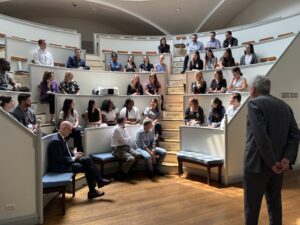
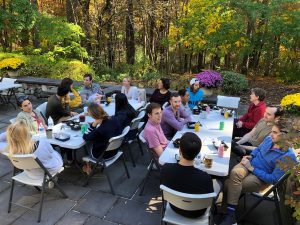
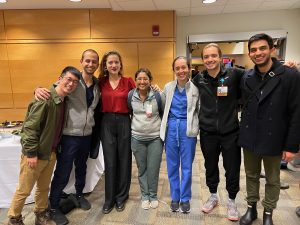
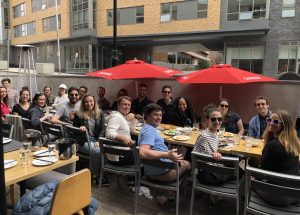
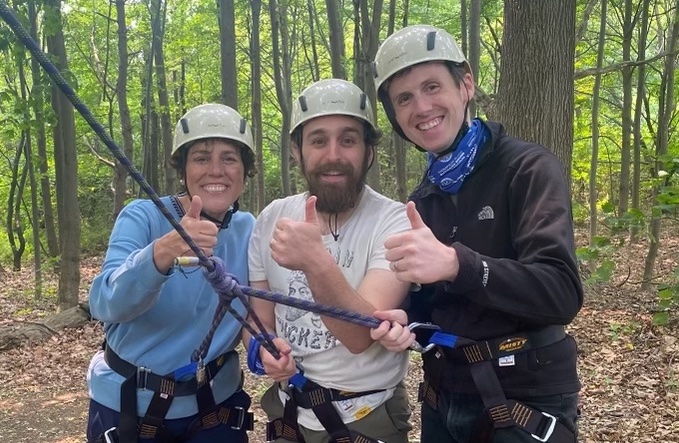
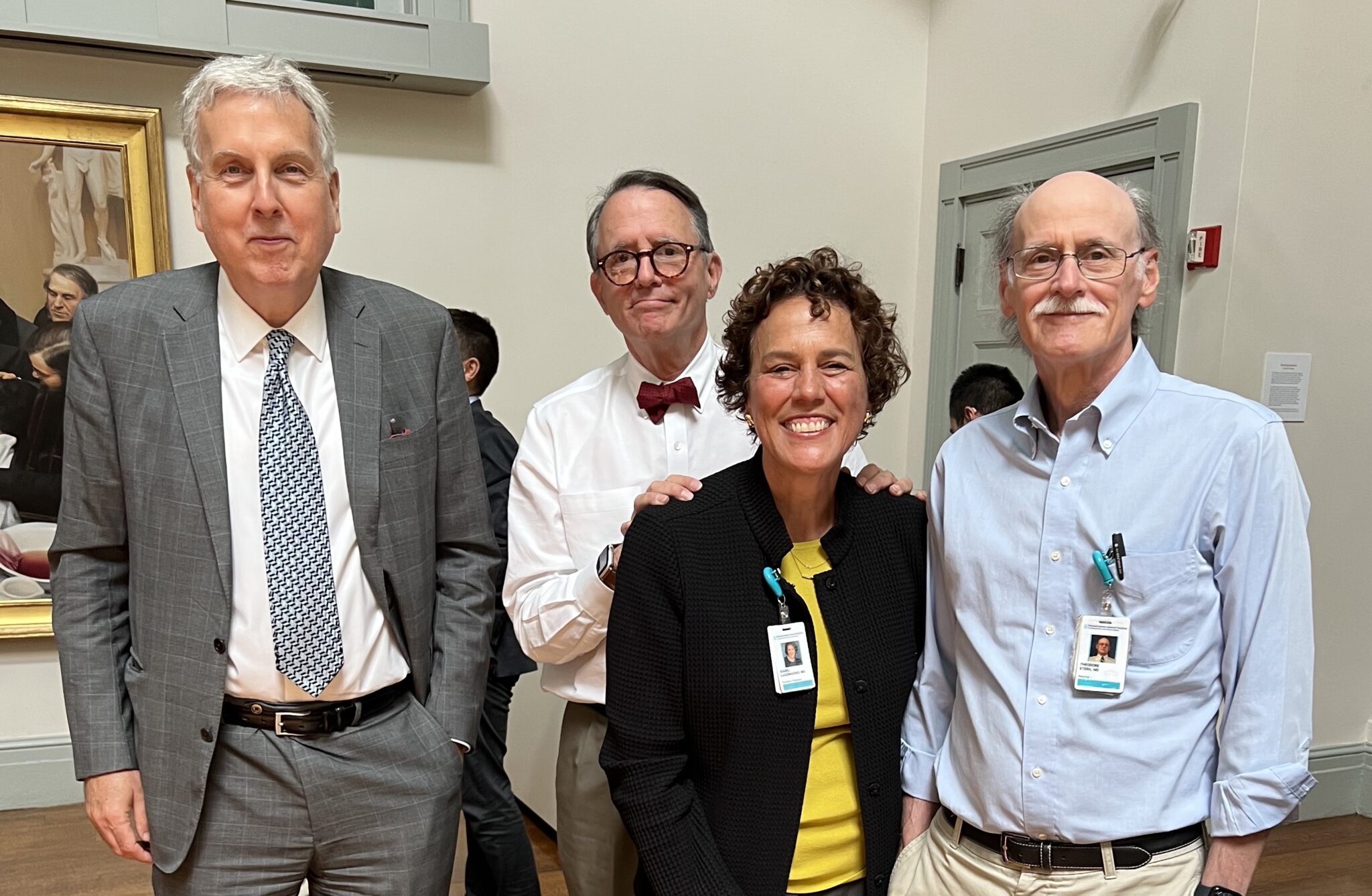

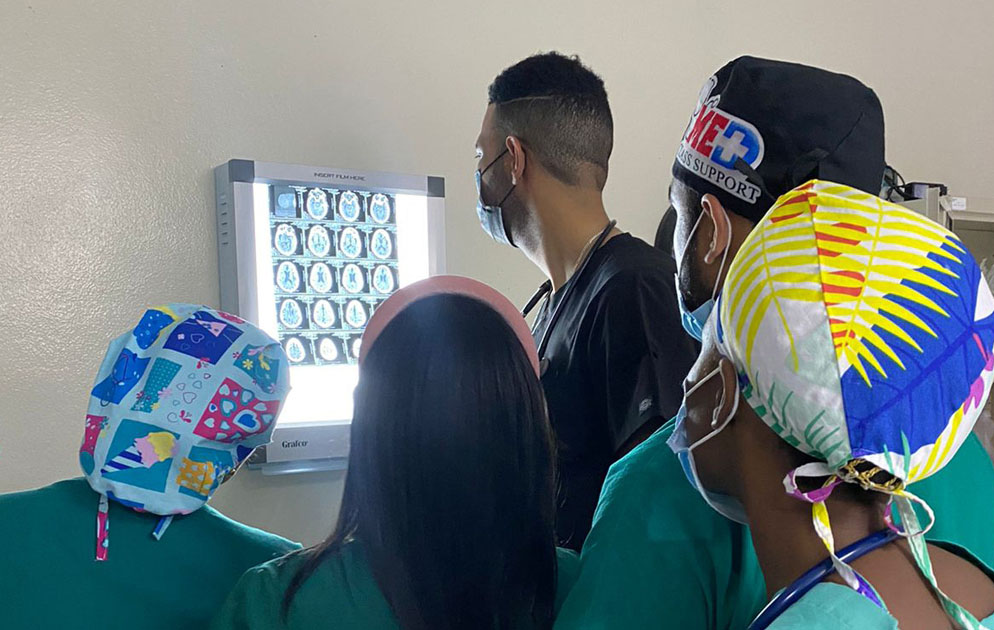
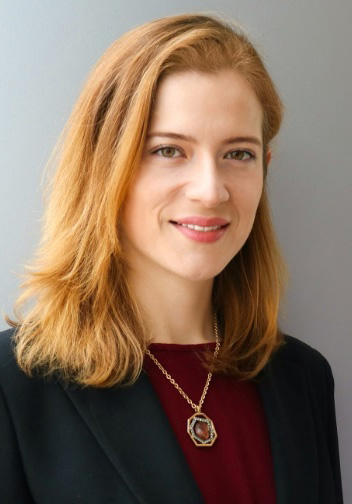
 Return to Resident Perspectives
Return to Resident Perspectives
